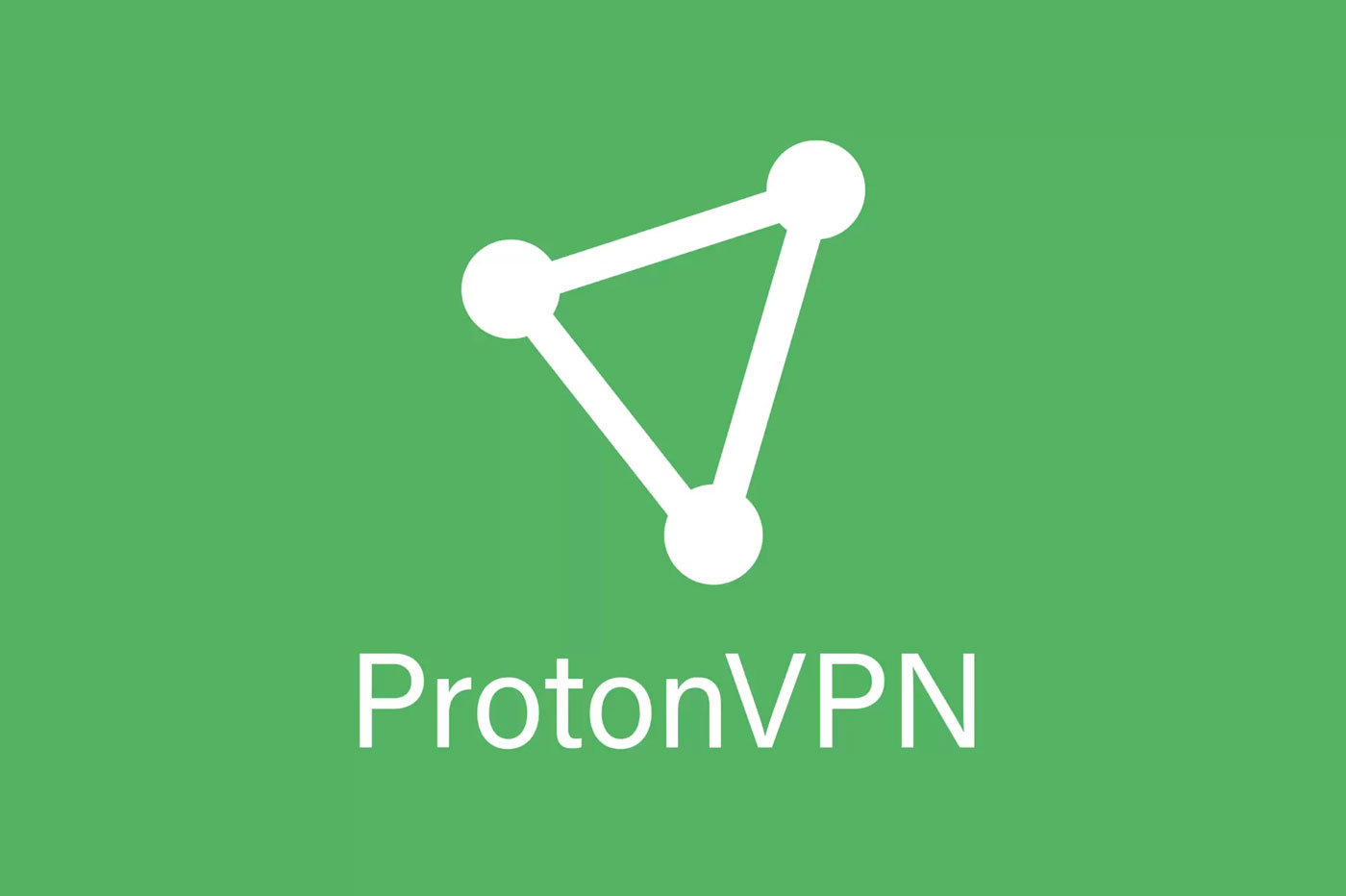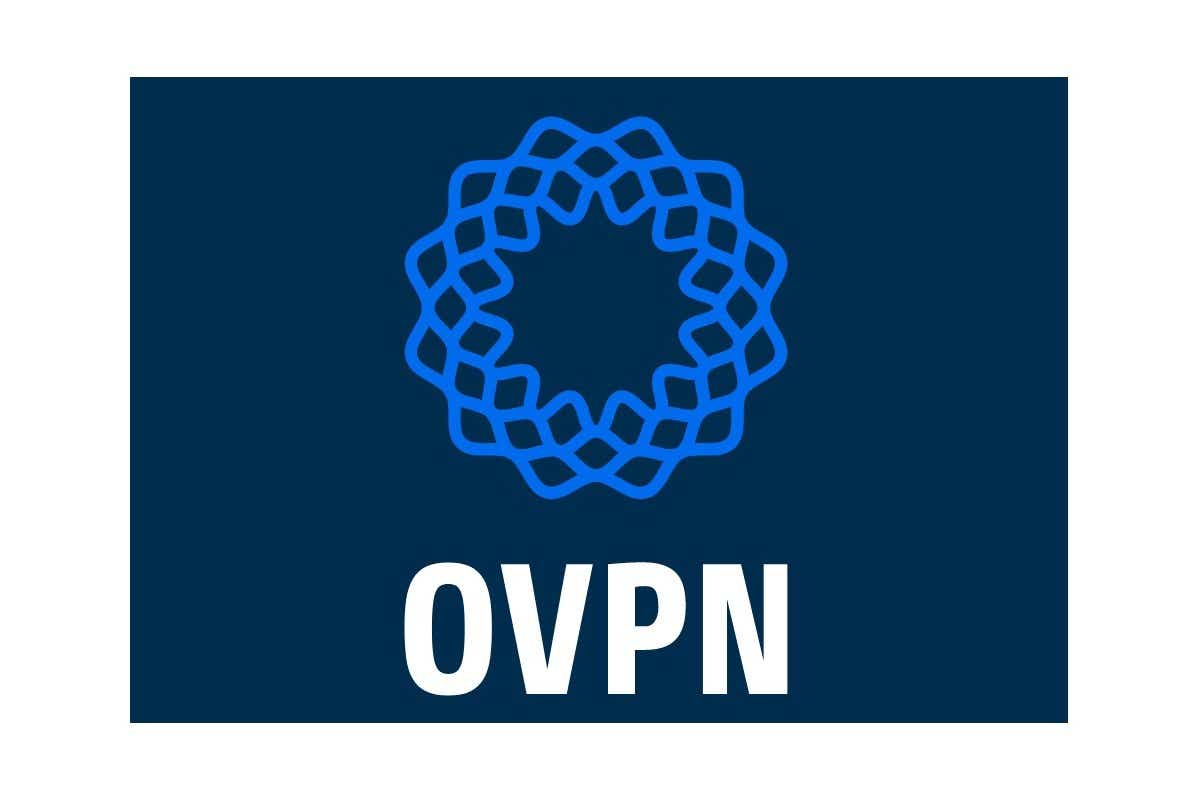Best VPN for torrenting 2023: Top picks tested and ranked

You’d think this was the year of the Linux desktop or something given how many people want a VPN for downloading free and open source software through torrents. Yep, that’s what you want torrents for, and if there’s one thing you need when torrenting free and open source software, it’s a secure and private internet connection. Seriously though, besides privacy, you also need to consider speed, and whether a VPN has torrent-friendly servers and services. We go in to more detail on what to look for in a VPN for torrenting below our picks. (To learn even more about all the VPN services we’ve tested, see our roundup of the best VPNs for all sorts of uses.)
So what’s the best VPN for torrenting your favorite flavor of Linux and maybe a little Open Office? Here are our top picks.
Updated 01/11/2023: Check out our review of the latest version of Windscribe VPN. The latest version builds upon its already strong feature set with increased speeds, a more robust browser extension, and of course their already impressive free version.
Table of Contents
1. ProtonVPN – The best choice hands down

Pros
- Fantastic speeds
- Easy-to-use multi-hop feature
- Supports TOR over VPN connections
ProtonVPN has some of the fastest speeds around, both upstream (1st place) and down (2nd place), which is helpful when you want to spread the Open Office love as quickly as possible. It also has excellent privacy promises, and it has a bunch of servers in a friggin’ bunker, which is pretty cool. ProtonVPN has an excellent interface, it’s ownership is well known, it’s based in Switzerland, and did we mention the speeds are solid?
Read our full
Review ProtonVPN
2. OVPN – Best for diskless servers

Pros
- Privacy and anonymity are top priorities
- Accepts cash payments for added anonymity
Cons
- Smaller number of servers
- Limited country selection
While it’s not as well known as other services, OVPN is one of the, if not the, earliest pioneers to deploy diskless servers across its network, keeping everything in RAM. (That has since become common among VPN providers.) OVPN is based in Sweden, it makes the right privacy promises, and while it’s not in our top 10 for speeds, OVPN’s speeds were very good on the whole. It just had a few weak spots, but if you stick to European servers (or North American ones for non-torrent uses) the speeds should be outstanding.
Read our full
Review OVPN
3. Mullvad – Best for anonymity

Pros
- Good speeds
- Higher level of anonymity possible than with most VPN services
- Windows desktop is easy to use
Cons
- Not guaranteed to work with Netflix
- Lacks the extra services that some VPNs offer
- No password protection for your account
Mullvad is the ultimate VPN when it comes to privacy and anonymity. The Sweden-based company appreciates your business, but it’s not interested in finding out who you are. Instead of using an email and password combo, Mullvad randomly generates an account number that functions as your username and password. Mullvad is in the top 10 for speeds, and of course its privacy promises are top notch.
Read our full
Review Mullvad
4. ExpressVPN – Best all-purpose option

Pros
- Consistently good speeds
- Easy-to-use desktop program
- Broad device support
Cons
- Logs data transfer amounts
- More expensive than many competitors
ExpressVPN is our favorite VPN so it’s no surprise that it’s landing in the top picks for torrents. ExpressVPN makes most of the right privacy promises, and its speeds are very good. It also has a lot of other features beyond being good for torrents that make it worth your while, such as the smart DNS feature. ExpressVPN is officially based in the British Virgin Islands, it has an absolute ton of servers, but it does monitor bandwidth usage to get rid of bandwidth hogs, which might be a problem if you’re constantly downloading nightly builds of various Linux distros.
Read our full
Review ExpressVPN
5. AirVPN – Honorable mention

Pros
- Excellent speeds
- Detailed real-time information about the network
- Good pricing with many subscription options
Cons
- Team is largely anonymous
AirVPN is either an excellent VPN for privacy, or the ultimate honey pot to attract online trouble makers, like free and open source software torrenters. The reason we say that is that AirVPN’s team is largely anonymous so it’s not clear who’s running the show. Still, this Italy-based VPN does have a good reputation and its speeds put it in our top 10. Its desktop interface is very bare bones, but it’s usable. Its network isn’t huge, but it is very economical and works well.
Read our full
Review AirVPN
How we tested
If you’ve read a number of these VPN articles, you know the drill by now. We test on three different days taking the average speeds we find in five different countries (each country is tested three times per day). Then we take all those daily averages to get an overall global average in megabytes per second. Then we compare that to the base speed without a VPN, and then express the result as a percentage how much of the base speed the global average maintains. If there are particularly standout speeds in a certain country or region we will generally call those out too.
The reason we don’t quote specific speeds is that these can vary by all kinds of factors such as your location, ISP, home network load and equipment, and so on. The percentages, however, give you a generally good idea of how much of a dip to expect when you connect to a VPN—there’s always a dip.
One other factor torrent users will want to know about is that we read the privacy policy for each and every VPN we cover. Yes, it is painful. The reason we do that is a VPN may promise up front that it doesn’t track your web browsing, but then you find that actually it does log IP addresses, timestamps, and bandwidth used. So we dig into the details so you can know exactly what the VPNs we review promise.
With that knowledge, however, you can be sure you’re getting good value for your money.
Most VPNs will likely be fine for torrents, but if you want the best of the best, these are our recommendations.
How to pick a VPN for torrenting
There are a few hard-and-fast rules you need from a VPN when downloading torrents. Here’s what to look for:
Blocking
First of all you want a VPN service provider that allows torrenting on their network. Most do, but there are a few notable exceptions such as Tunnel Bear, which actively blocks torrents.
Then there are VPNs that partially block torrents, especially on U.S. servers such as TorGuard. This VPN service recently settled a lawsuit brought against it by a consortium of Hollywood production companies after users of TorGuard were found torrenting files that weren’t free and open source software. As a result, TorGuard promised to no longer allow torrents on its U.S. servers.
TorGuard isn’t the only company that refuses torrents on its U.S. servers. Keep Solid recently promised to block torrents and piracy sites like The Pirate Bay, YTS, and RARBG on the U.S. servers of its service VPN Unlimited.
A number of other VPN services are also involved in pending legal action, including ExpressVPN and ZenMate, as reported by TorrentFreak. On top of that, many other VPN services don’t want to end up in a lawsuit like their competitors and actively disallow torrenting on their American servers.
Service location
For that reason, we recommend using VPN services that are based outside the U.S., and from those VPNs you should use servers based in countries that are friendlier to torrents. This avoids the issue of dealing with torrents being blocked outright when all you want to do is load up Ubuntu on that new laptop. Most VPN services will specify which servers allow torrents, but a popular and easy choice is Sweden. The speeds are usually good, and most services include Swedish servers in their networks along with many other countries that are torrent-friendly.
No-logs policy
The next thing you want is a VPN that has an ironclad no-logs promise from the service provider, because nobody wants to be exposed downloading free and open source software. That means that the service should include a promise not to maintain logs of any kind, with everything going to /dev/null—a non-existent directory on Linux systems that means all logs are permanently lost.
We say “promise” since there’s no real way to know for sure that a VPN isn’t logging your activity. You ultimately have to trust that they’re not doing it. This trust can come from a few factors, in order of reputability: The company’s no-logs promise has been proven by a court challenge, numerous third-party audits have verified the service’s claims, or you might just take the company at its word—yikes.
Speed
Finally, after those details have been verified, you want a VPN with solid speeds. Torrents can take a long time to download as it is, depending on how many people are sharing the file. The last thing you want is to see your download slowed down by shoddy VPN speeds.
To get the VPN you need for torrenting, just put all those attributes together: allows torrents, absolute no-logs promise, torrent-friendly services and servers outside the U.S., and excellent speeds.
FAQ
What is a VPN?
A VPN (virtual private network) encrypts your internet traffic and disguises your identity while browsing the internet. When used for torrenting, a VPN will anonymize your torrenting traffic and keep your ISP from potentially throttling your connection in the future.
Additionally, VPNs allow you to connect to servers all across the world. So if you’re looking to access location-restricted content, such as streaming services, you can connect to the appropriate country’s server and gain access that way.
How does a VPN work?
A VPN hides your IP address by redirecting it through a remote server hosted by the VPN company. To anyone looking in, the VPN server then becomes the source of your data instead of your actual location. These remote servers can be in your own country or located in different countries around the world. All of your network traffic from your computer to the VPN is sent over a secure and encrypted connection.
When connected to a VPN while browsing the internet, the VPN acts as a middleman between your computer and a website. Your computer sends a request to the VPN, which then passes it on to a website. The website then sends its response back to the VPN which forwards it through the secure connection to your computer. All of the traffic rerouted through the VPN shows as coming through their server rather than your own computer. This keeps your ISP and other third parties from snooping on your internet activity.
Are VPNs legal to use?
Yes! In most countries, including the United States, using a VPN is perfectly legal. Even though some websites might try to block VPN connections, they are still okay to use. Please note, while using a VPN is legal, some of the activities done while using a VPN might be illegal. Activities such as downloading pirated copyrighted content or accessing dark web markets are both illegal with or without a VPN.
Is Torrenting through a VPN safe?
Safety while torrenting comes down to two things: anonymity and protection from malware or other malicious files.
As far as anonymity goes, yes, you will be protected from any snooping outsiders or your own ISP’s restrictions on file torrenting by using a VPN. If you know and trust the P2P network you are using, torrenting with a VPN should be completely safe from prying eyes.
In regards to protection from malware and other malicious files, no. A VPN on its own will not protect you from accidentally downloading malicious files from P2P networks or torrent sites. For this, it is highly recommended that you use an antivirus program to help keep you safe.
Do VPNs track my browsing or store my data?
This depends entirely on the VPN provider you choose to use. There have been instances in the past of VPN providers spying on their users or collecting data. However, these were mainly free VPN services with no explicit no-logging policies.
When searching for a VPN, be careful to check the company’s website for a no-logging policy, third-party trust verification, and trustworthy user reviews. That being said, most of the major paid VPNs have clearly stated no-logging policies so it is typically best to stick with one of them.
How many servers should my VPN have?
There isn’t a specific number of servers that make one VPN better than another. It’s common for VPN providers to advertise the number of servers they have, but this is largely a marketing gimmick and doesn’t necessarily equate to the quality of the VPN service itself. Other factors such as server-location spread and server quality are just as important if not more so than the number of available servers.
That being said, most popular VPN providers offer between 3,000 to 5,000 servers. We recommend that you avoid any premium service with less than 1,000 servers as this could be an indication that the company is not yet well established, which could portend reliability issues.


/cdn.vox-cdn.com/uploads/chorus_asset/file/25547483/SDCCTrailer_FrameGrabs_Galadriel_01.jpg)



